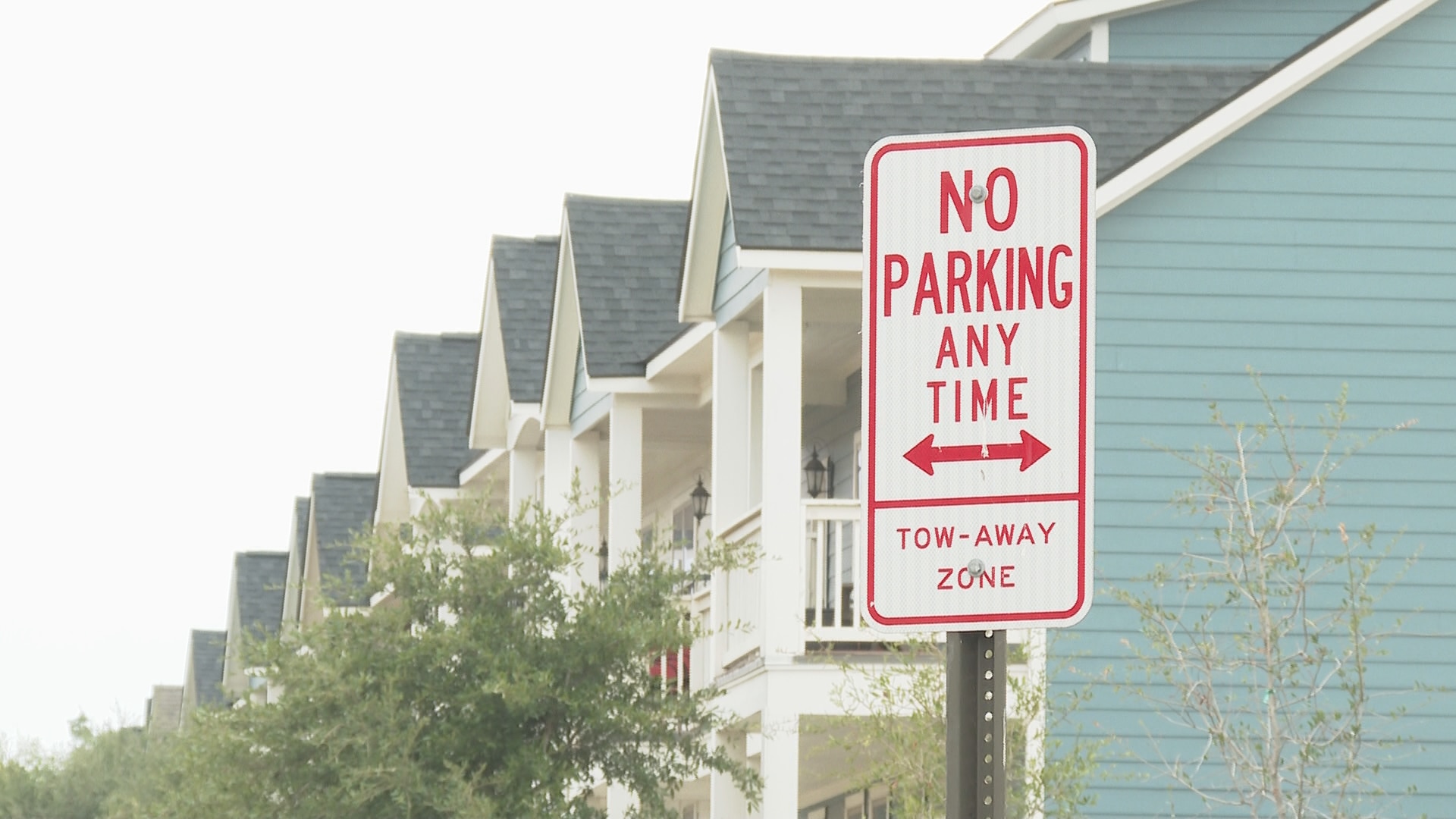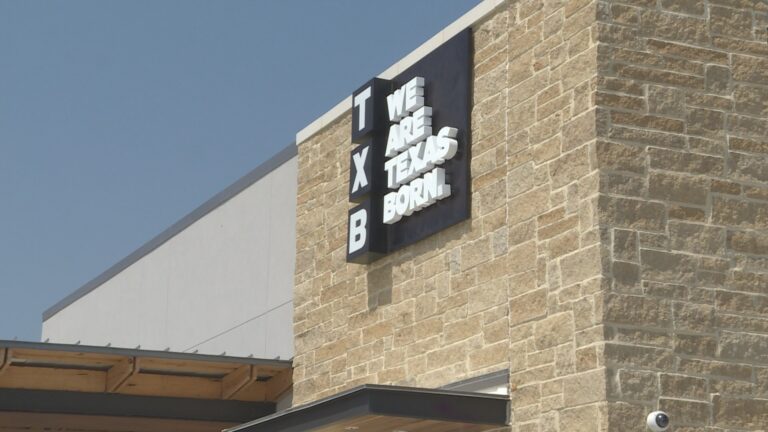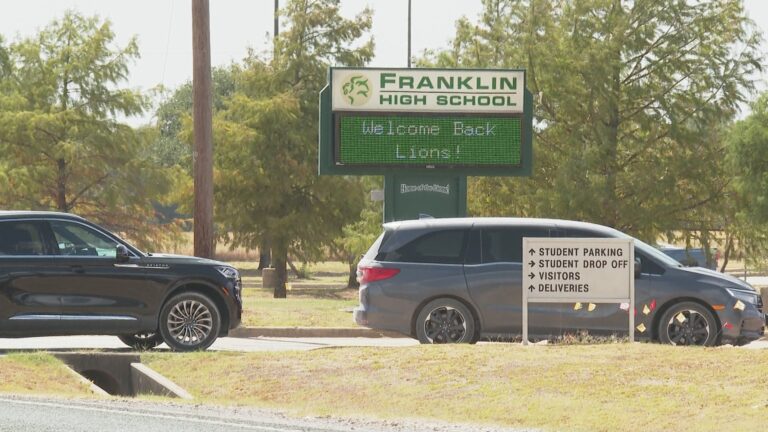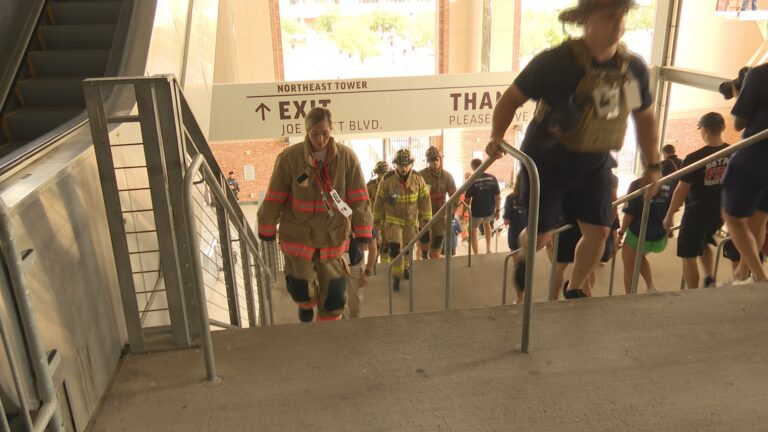College Station City Council unanimously approves high occupancy overlay and parking ordinances
COLLEGE STATION, Texas (KBTX) -The College Station City Council met Thursday to discuss and approve what is being called a High Occupancy Overlay District and middle housing parking.
City planners say these initiatives align with the City of College Station’s strategic plan, which emphasizes neighborhood integrity, accommodating population growth, and supporting the changing needs of the community. They say by implementing these changes, the city aims to provide the necessary density to support its growing population, particularly with the continued enrollment growth of Texas A&M University.
“This is helping with neighborhood integrity and helping preserve some of those areas as the population within the city continues to grow as A&M’s enrollment continues to grow, providing areas that can support the density needed to support the new population coming into the community,” said City of College Station Planning and Development Services Director Michael Ostrowski.
Middle Housing Parking
Currently, properties zoned as middle housing must place parking in the side or rear lot if they require more than three parking spaces. The proposed amendment, under consideration, would raise this limit to four. This change would enable property owners to utilize their front yards for parking, reducing the burden of parking in the side or rear.
City staff says the motivation behind this change was to address concerns voiced during the public input process. Residents and stakeholders expressed that the existing regulations discouraged the adoption of middle housing zoning. These concerns were mainly related to the additional costs of paving to access rear yards for parking. The proposed change aims to create consistency across various zoning districts by allowing parking in the front yard for properties with four or fewer spaces.
“One of the things that we heard as we went through the public input process and throughout the community engagement was that there was not a lot of incentive to go towards the middle housing zoning district. If other zoning districts allowed them to park within the front yard, there were concerns relating to the costs of additional pavement having to be put on the lot in order to reach the rear yard for the parking area. So what we wanted to do was make it consistent across different zoning districts,” said Ostrowski.
City of College Station Middle Housing Parking and Access by KBTX on Scribd
High Occupancy Overlay District
The second ordinance under consideration involves the implementation of a high occupancy overlay. This overlay is designed to better define areas where shared housing, allowing more than four unrelated individuals to live in a dwelling unit, is appropriate. While properties may still be zoned as middle housing, the addition of a high occupancy overlay would be necessary to permit shared housing use. This approach ensures that the broader zoning structure remains intact, with the exception of shared housing.
“Throughout the public engagement process that we had in June relating to middle housing, one of the concerns that we heard quite often was that there were concerns about having shared housing uses allowed within every single area that was zoned middle housing. Shared housing uses is the use that allows for more than four unrelated individuals to live within a dwelling unit. So by establishing a high occupancy overlay, we can better define which areas are more appropriate for shared housing type uses,” said Ostrowski. “The properties would still go to, let’s say, a middle housing zoning district, but they would also then need to have a high occupancy overlay on top of that to allow the shared housing use. But every other base zoning use within there could still be within the middle housing.”
City of College Station High Occupancy Overlay Presentation by KBTX on Scribd
Next Steps
Despite opposition from realtors associations and representatives on the high occupancy overlay, the council voted unanimously Thursday night to approve both ordinances.
“Once approved, we’ll move forward with notifications for the city-initiated rezoning process that would likely occur in the October set of meetings. It would go to the Planning and Zoning Commission on October 5th, and then the City Council on October 26th,” said Ostrowski.
Other Agenda Items of Interest
The council also voted unanimously to approve the entire consent agenda, which includes:
A $1.5 million contract with Elliot Construction for the decommissioning of the Carter Lake Lagoon. This appropriation incorporates the city’s contingency funds of $149,580, resulting in a total allocation of $1.65 million.A contract valued at $709,136 with Binkley & Barfield for professional services related to the rehabilitation of Marion Pugh, spanning from Luther Street to George Bush Drive.The city’s investment policy, broker-dealer list, and strategy for the fiscal year 2024.The acquisition of a new fire engine from Siddons-Martin Emergency Group, amounting to $1.35 million. This fire engine will be stationed at the future Fire Station No. 7, as approved by voters in the November election.Appointments to the project steering committee for the Bryan/College Station Metropolitan Planning Organization’s Comprehensive Safety Action Plan.An Interlocal Agreement was established in collaboration with Brazos County and the City of Bryan for the 2023 Byrne Justice Assistance Grant Program. The City of College Station has allocated $17,329 for its law enforcement programs.Following a public hearing, the council also unanimously approved a $1.59 million budget amendment for the city’s fiscal year 2023. This amendment encompasses additional funding for street maintenance, water repair supplies, an intergovernmental rescue vehicle, and technology replacement.
The city council also voted unanimously to approve a pair of HOME-American Rescue Plan funding agreements with Twin City Mission. These agreements encompass a $1.48 million commitment to provide supportive services for eligible College Station residents and a $174,026 allocation aimed at expanding the capacity and overseeing the Family Support Services program for qualified residents.
You can find a comprehensive summary of Thursday’s meeting on the City of College Station’s blog.







